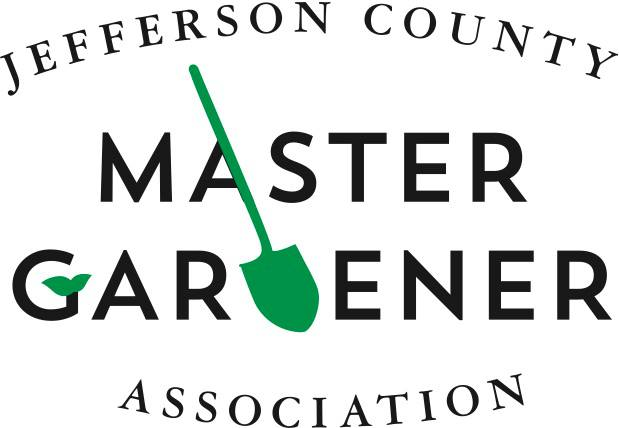Insect Hotel at the Louisville Nature Center
We have bee action at the Louisville Nature Center Insect Hotel in Louisville, Kentucky! The queen in the picture is laying eggs in her nest. Other bees were in various stages of egg laying, depositing pollen and creating mud partitions. I did not have a chance to see any of them outside of their logs so I was unable to make a positive ID by just peering at them down the dark hole with a flashlight. With 4000 native bee species in North America, it would be difficult to even venture a guess without getting a good look. These native bees were here long before settlers brought honey bees from Europe.
The gardens at the Louisville Nature Center provide pollen and nectar and the bees, messy little pollinators that they are, give back by cross-pollinating flower gardens, vegetable gardens, trees and orchards, both at LNC and in the surrounding community.
The hotel was established by a Boy Scout troop a few years ago and has successfully provided homes for insects and native bees. Weather elements have caused some settling of the materials, so a renovation is in order. This will occur in the Fall, while the "guests" are asleep. My goal is to create as much native bee habitat as possible.


Materials I am gathering for the rehab include: bark, pine needles, pine cones, and logs. I am currently cutting logs and drilling the preferred-sized holes for solitary bees to nest in. Add a few canes to the collection and I'll be ready to update the hotel habitat.


Blue Orchard Mason Bees and Alfalfa Leafcutter Bees, among many others, are fascinating to watch and can be easily assisted by providing simple habitat. They are gentle bees and rarely sting (unless squished, of course). Did you know that you can harvest their cocoons, store them over winter, and then hatch them in the Spring? This is definitely on my "To Do" list!

As I explore their world to learn more, I will be writing about the different types of bees, their nesting habits, cocoon harvesting and suggestions for providing homes and other necessary supplies, such as flowers and mud. Keep your eyes peeled for native bees and you will begin to see their diversity.
I welcome you to journey along with me as I gather and share information about these gentle, vital creatures. Happy bee watching!
Submitted by Master Gardener Tina Larimore
